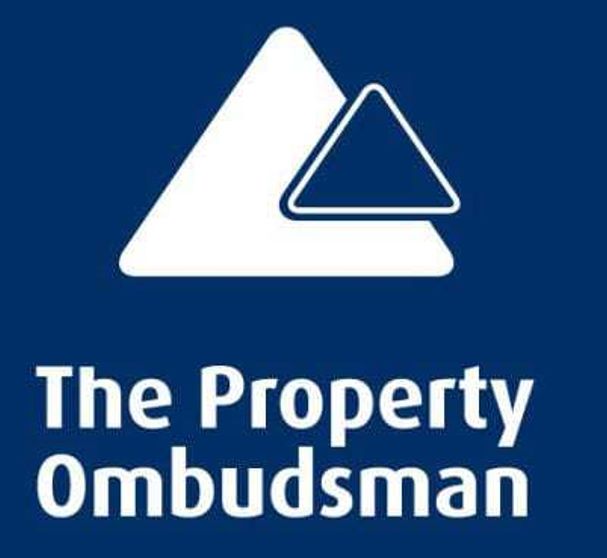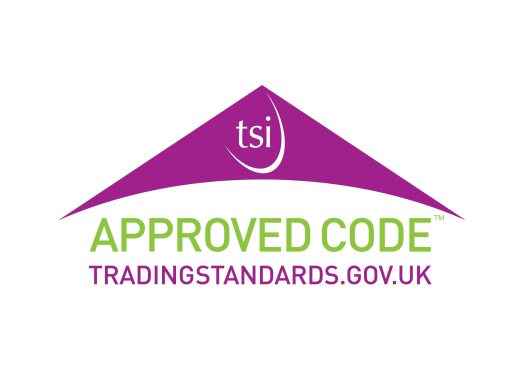

For many buy-to-let investors, incorporating their property portfolio into a limited company can be a strategic move. Recent tax changes, particularly the reduction of mortgage interest relief for individual landlords, have made property incorporation an attractive option. While incorporating can offer significant tax benefits and asset protection, it also comes with additional responsibilities and considerations.
This guide will help you understand the benefits, challenges, and process of incorporating buy-to-let properties into a company structure.
Tax Efficiency: One of the primary advantages of incorporating your properties into a company is the potential for tax savings. Individual landlords are taxed on rental income at their personal income tax rate, which can be as high as 45%. However, companies pay corporation tax, which is currently lower than higher personal tax rates.
Additionally, companies can still deduct mortgage interest as an allowable expense, unlike individual landlords, who face restrictions under recent tax reforms. This can significantly increase the profitability of your buy-to-let investments.
Reinvesting Profits: When you hold your properties in a limited company, you can reinvest profits back into the business without withdrawing funds and facing personal tax liabilities. This structure is particularly beneficial if you’re looking to grow your property portfolio quickly by purchasing more properties.
Inheritance Tax Planning: Incorporating your property business can be a useful tool for inheritance tax (IHT) planning. You can transfer shares of the company to family members, potentially reducing the overall value of your estate and lowering IHT liability. This structure can also make it easier to pass on your portfolio to the next generation.
Limited Liability: A limited company structure provides a layer of protection for your personal assets. If your property business faces financial difficulties or legal claims, your personal finances and assets are shielded from risk. This separation can offer peace of mind, especially for landlords with multiple properties.
Capital Gains Tax (CGT) and Stamp Duty: Transferring properties from personal ownership to a company structure can trigger capital gains tax (CGT) on any appreciation in property value. Additionally, you’ll need to pay Stamp Duty Land Tax (SDLT) on the transfer. These costs can be substantial, especially for larger portfolios, and may outweigh the long-term tax benefits. However, certain tax reliefs, such as incorporation relief, may be available if your property activities qualify as a business. It’s essential to seek professional tax advice to assess your specific situation.
Mortgage Availability: When you incorporate your properties into a company, you’ll need to remortgage them under the company name. Company buy-to-let mortgages often come with higher interest rates and stricter lending criteria compared to personal buy-to-let mortgages. You may also need to provide a personal guarantee, which could expose your personal finances to risk.
Administrative and Compliance Responsibilities: Running a limited company comes with additional administrative tasks and legal obligations. You’ll need to file annual accounts with Companies House, submit corporation tax returns, and comply with company law. This requires a higher level of record-keeping and financial management, often necessitating the help of an accountant or financial advisor.
Dividend Tax: While profits within the company are taxed at the lower corporation tax rate, you’ll still need to pay personal tax on any dividends you take out of the company. The combination of corporation tax and dividend tax can sometimes make the overall tax burden comparable to personal ownership, depending on how much income you withdraw.
Seek Professional Advice: Before making any decisions, consult with a tax advisor or accountant who specializes in property investments. They can help you assess whether incorporation is the right strategy for your specific circumstances and guide you through the process.
Form a Limited Company: Setting up a limited company in the UK is a straightforward process. You can register the company with Companies House online, usually for a small fee. During the setup process, you’ll need to choose a company name, register a business address, and appoint directors and shareholders.
Transfer the Properties: Once your company is set up, you’ll need to transfer the ownership of your properties to the company. This involves remortgaging the properties under the company name and completing the necessary legal paperwork. Keep in mind that this process can trigger tax liabilities, so it’s important to plan accordingly.
Manage Company Finances: After incorporation, you’ll need to manage your property portfolio through the company, including collecting rent, paying expenses, and reinvesting profits. Regularly review your financial strategy with your accountant to ensure you’re maximizing tax efficiency and compliance.
Incorporating buy-to-let properties into a company structure can offer significant advantages, particularly for investors with larger portfolios or those planning for long-term growth. However, the decision to incorporate should be based on a careful analysis of the costs, benefits, and your long-term financial goals.
At EMPIRE CHASE, we understand that every investor’s situation is unique. Our team of property experts and financial advisors is here to help you evaluate your options and make informed decisions. Whether you’re considering incorporation or looking to expand your portfolio, we’re here to guide you every step of the way











